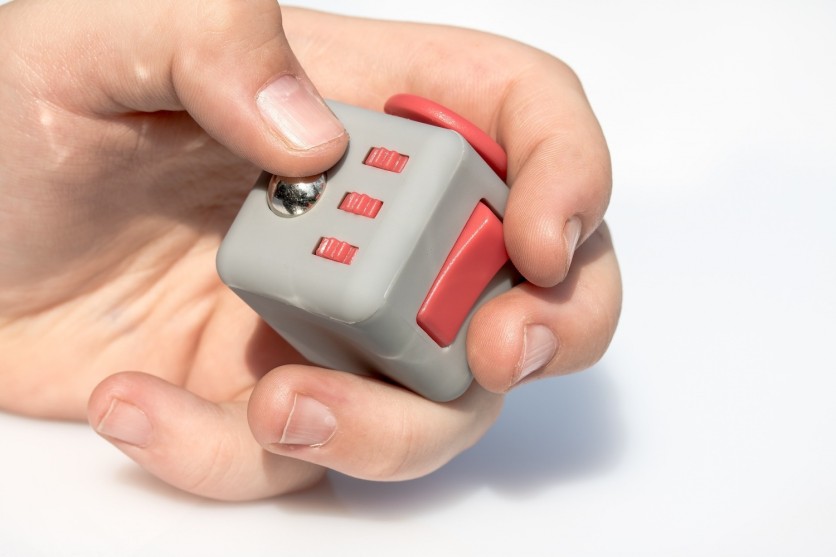In an evolving trend, classrooms are witnessing the rise of an unexpected addition to the list of essential supplies for students. Beyond traditional textbooks and stationery, modern-day students are equipping themselves with a peculiar tool that seems to be making a significant impact on their learning experience.
According to CBS News, the concept might seem novel to parents who recall their own school days devoid of such items, but teachers emphasize the importance of these tools in aiding student focus and learning.
The widespread technological progress has brought a new era characterized by the inclusion of tech devices in education and the integration of tools that may, at first glance, appear to be mere playthings.
Among these tools is the "Pop-It," a silicone tray designed to replicate the satisfaction of popping bubble wrap. Parents like Priscilla Smidt and Tully Jordan told CBS News about their children's increasing reliance on these items alongside the more traditional classroom essentials like styluses and headphones.

Fidget Toys
Beyond the "Pop-It," the assortment of fidget tools includes multi-function cubes, marbles that glide within a cloth, and flexible sticks that twist and bend. Priscilla Smidt, a paraprofessional specializing in children with special needs, even employs puffy slime with beads for a unique sensory experience.
The prevalence of fidget tools in classrooms is now a phenomenon. In the past, individuals were often left with more subtle, yet often disruptive, behaviors like leg-jiggling, pen-clicking, or hair-twirling.
Dr. Kaz Nelson, an associate professor of psychiatry and behavioral sciences at the University of Minnesota Medical School, noted that fidgeting serves multiple purposes.
For those struggling to concentrate, fidgeting provides sensory input that can enhance focus. Conversely, fidgeting can also function as a calming mechanism for those grappling with anxiety or nervousness.
The advantages of employing fidget tools in a classroom context extend beyond individual benefits. Focused concentration and stress reduction can foster a more conducive learning environment. Smidt can attest to this, recounting the positive impact of fidget tools on her special education students.
Research on Stress Balls
Research in 2006 supported the efficacy of such tools. A study involving sixth graders and stress balls demonstrated increased attention spans and reduced distractions among students who found it challenging to remain still.
Nelson underscored that while virtually any student could benefit from these tools, those with anxiety, ADD or ADHD, obsessive-compulsive disorder, and autism might experience particularly positive outcomes.
Notably, a preference for fidget tools doesn't inherently indicate a mental disorder. Nelson observed that historical, educational models often enforced conformity to strict behavioral norms, which led to viewing fidgeting as disruptive behavior.
However, perceptions have evolved, acknowledging the diverse ways students cope and learn. This shift aligns with an inclusive approach to learning that honors individual needs and styles.
The ripple effects of this change extend beyond the classroom, prompting reflection on the broader application of fidget tools. Nelson affirmed that adults can also benefit from these tools, acknowledging their role in self-regulation and coping mechanisms.
Related Article : Fidget Spinners On Fire, And We Mean That Literally: Electronic Versions Explode While Charging

![Apple Watch Series 10 [GPS 42mm]](https://d.techtimes.com/en/full/453899/apple-watch-series-10-gps-42mm.jpg?w=184&h=103&f=9fb3c2ea2db928c663d1d2eadbcb3e52)



